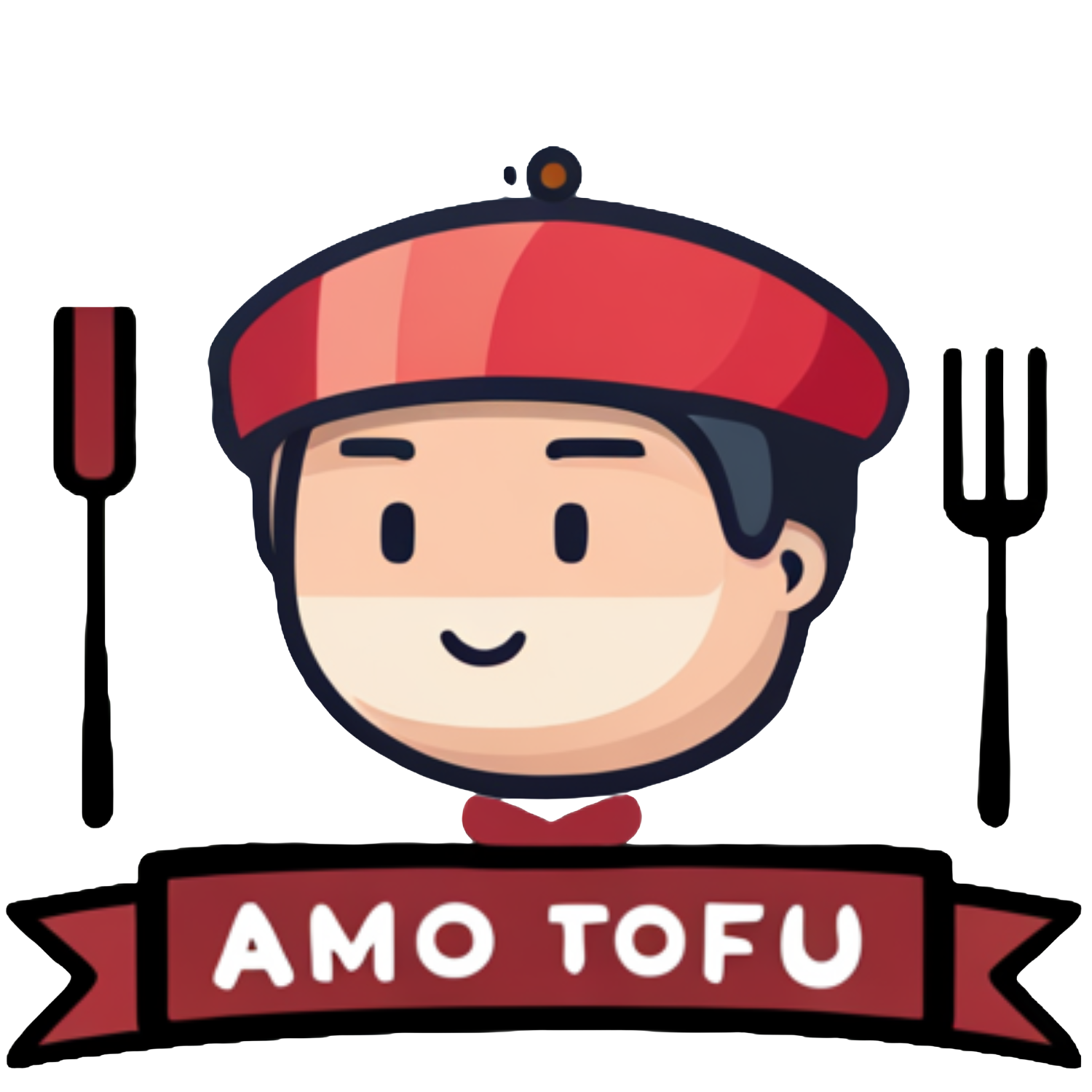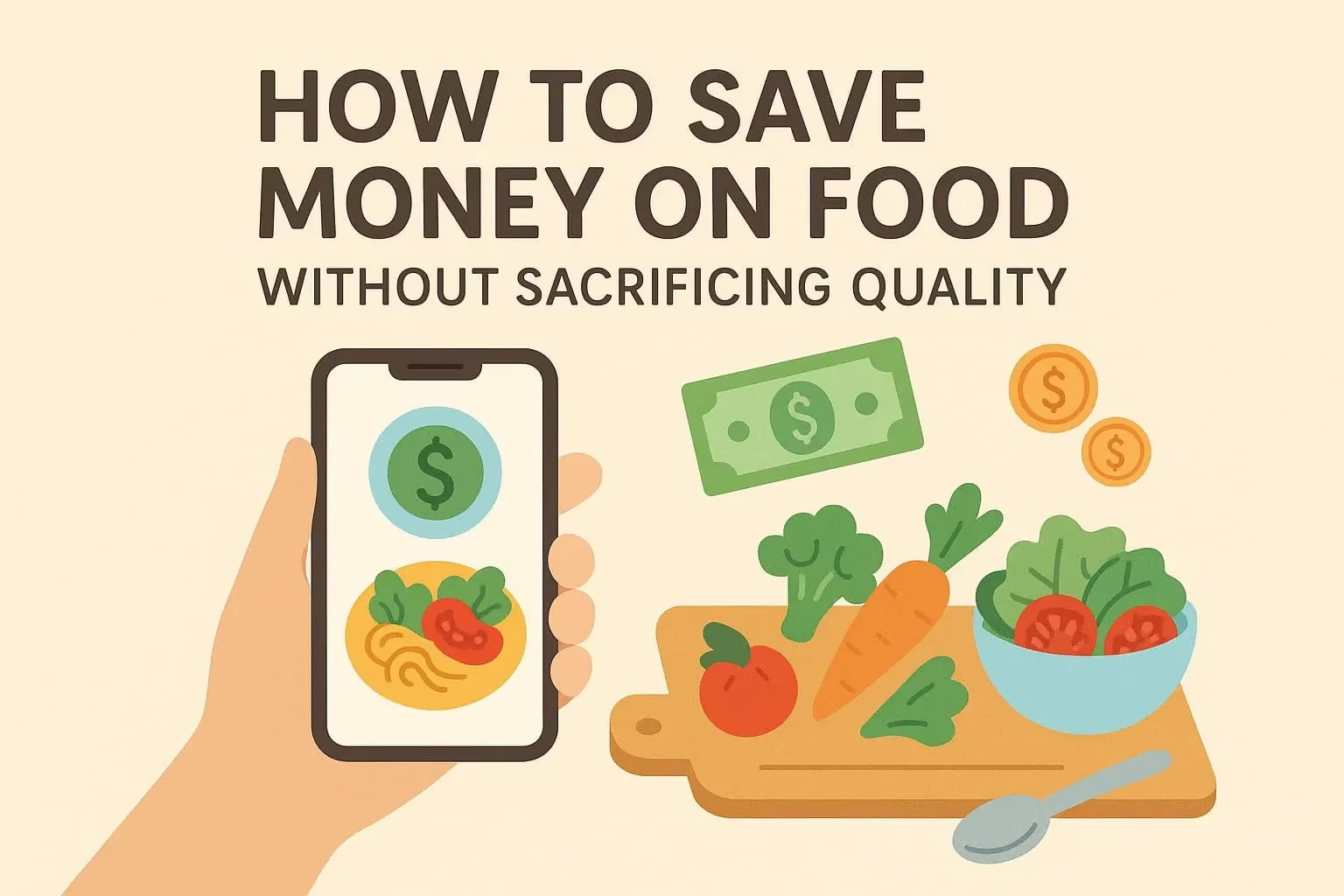If you’ve ever said “yes” when your whole body was screaming “no,” you’re not alone. Many of us were conditioned to be agreeable, to keep the peace, or to avoid disappointing others — even at the cost of our own peace. But one of the most powerful and transformative acts of extreme self-care is learning to say no without guilt.
Saying no is not rejection. It’s protection. It’s the line we draw between our well-being and the world’s demands. And the better we get at it, the more we reclaim our energy, time, and mental clarity.
Let’s explore why saying no matters, what makes it so difficult, and how you can start using it as a tool of radical self-care.
Why Saying No Is Essential to Your Well-Being
When you say yes to everything, you slowly say no to yourself.
Every commitment, favor, or responsibility that goes against your energy or boundaries takes a piece of your mental and emotional space. Over time, this leads to:
- Burnout
- Resentment
- Anxiety
- Exhaustion
- Disconnection from your true needs
Saying no isn’t about being negative or antisocial. It’s about choosing alignment over obligation — and protecting the space you need to rest, heal, and grow.
What You Gain When You Say No:
- Time for what really matters
- Emotional freedom from people-pleasing
- Clarity on your values and priorities
- Confidence in your voice and worth
- Peace from unnecessary drama or pressure
The Root of Why Saying No Feels So Hard
If saying no feels uncomfortable, there’s a reason. Many of us were raised to associate no with:
- Rejection
- Disrespect
- Failure
- Guilt
- Disconnection from others
Especially if you grew up in environments where love was conditional or based on performance, you may have learned to equate “yes” with safety. But in adulthood, constantly saying yes becomes a silent form of self-abandonment.
The good news? You can unlearn it.
Recognizing the Signs You Need to Say No More Often
Do any of these feel familiar?
- You feel overwhelmed or overcommitted
- You say yes, then instantly regret it
- You feel resentful of people who ask too much
- You avoid checking your messages to escape obligations
- You often cancel plans last-minute because you’re exhausted
- You feel guilty for resting or being unavailable
These are all signs that your boundaries are being compromised — and that “no” needs to become part of your everyday vocabulary.
How to Say No — Without Apologizing or Explaining
One of the keys to making “no” a form of self-care is learning how to say it clearly and calmly, without over-explaining or feeling ashamed.
Here are simple, respectful phrases you can use:
- “I’m not available for that.”
- “Thanks for thinking of me, but I can’t commit right now.”
- “That doesn’t work for me.”
- “I’m focusing on other priorities at the moment.”
- “No, thank you.”
- “That’s not something I’m able to take on.”
Notice how none of these require justification. You are allowed to decline without defending your decision.
Rewiring Your Mindset: No Is a Full Sentence
If you’ve been taught that you always have to explain yourself, this can feel uncomfortable at first. But here’s the truth: healthy people respect boundaries. You don’t need to apologize for choosing your peace.
Saying no is not being rude. It’s being responsible.
Every time you say no to something that drains you, you say yes to something that nourishes you — whether that’s rest, creative space, time with loved ones, or simply breathing room.
What Happens When You Start Saying No More Often
The first few times you say no, you might feel:
- Guilt
- Anxiety
- Fear of rejection
- Worry about disappointing others
But over time, that fades. What replaces it is:
- Relief
- Empowerment
- Respect from others
- A clearer sense of self
- More meaningful yeses
People may push back — especially those who benefited from your lack of boundaries — but your peace is worth protecting. You are not responsible for how others respond to your limits.
Practice Scenarios: When to Say No and How
Here are examples of real-life moments where saying no protects your well-being:
Scenario 1: A Friend Asks for Help During Your Rest Day
Say: “I wish I could help, but today is my rest day and I need to recharge.”
Scenario 2: A Coworker Asks You to Stay Late Again
Say: “I’m prioritizing balance right now, so I’ll need to leave on time today.”
Scenario 3: Family Invites You to an Event You Don’t Want to Attend
Say: “I won’t be joining this time, but I hope it’s a great day for everyone.”
Scenario 4: You’re Asked to Take on a New Project
Say: “That sounds like a meaningful project, but I don’t have capacity at the moment.”
Notice how these responses are respectful and firm. You’re being kind — to others and to yourself.
Letting Go of Guilt Around Saying No
The guilt you feel doesn’t mean you’re doing something wrong — it means you’re doing something new.
You’ve been taught to prioritize others, and now you’re shifting the narrative. That takes courage.
Repeat this to yourself:
“I am allowed to protect my energy. I don’t have to earn rest. My needs matter.”
Guilt fades. Peace grows.
When “Yes” Becomes a Disservice
Sometimes, we say yes to avoid conflict — but in doing so, we:
- Deliver low-quality work
- Show up with resentment
- Cancel last-minute
- Build pressure and stress
- Disrespect our own boundaries
In these moments, a kind “no” would have been more honest and respectful to everyone involved.
Saying no is a skill — and the more you practice it, the stronger it becomes.
Saying No Is an Act of Self-Respect
You don’t need to justify your no. You don’t need a reason others agree with. You only need to know what’s true for you — and honor it.
Saying no is a powerful expression of extreme self-care. It allows you to reclaim your time, energy, and identity in a world that constantly asks you to give more.
Start small. Start today, saying no to anything that costs you your peace.






